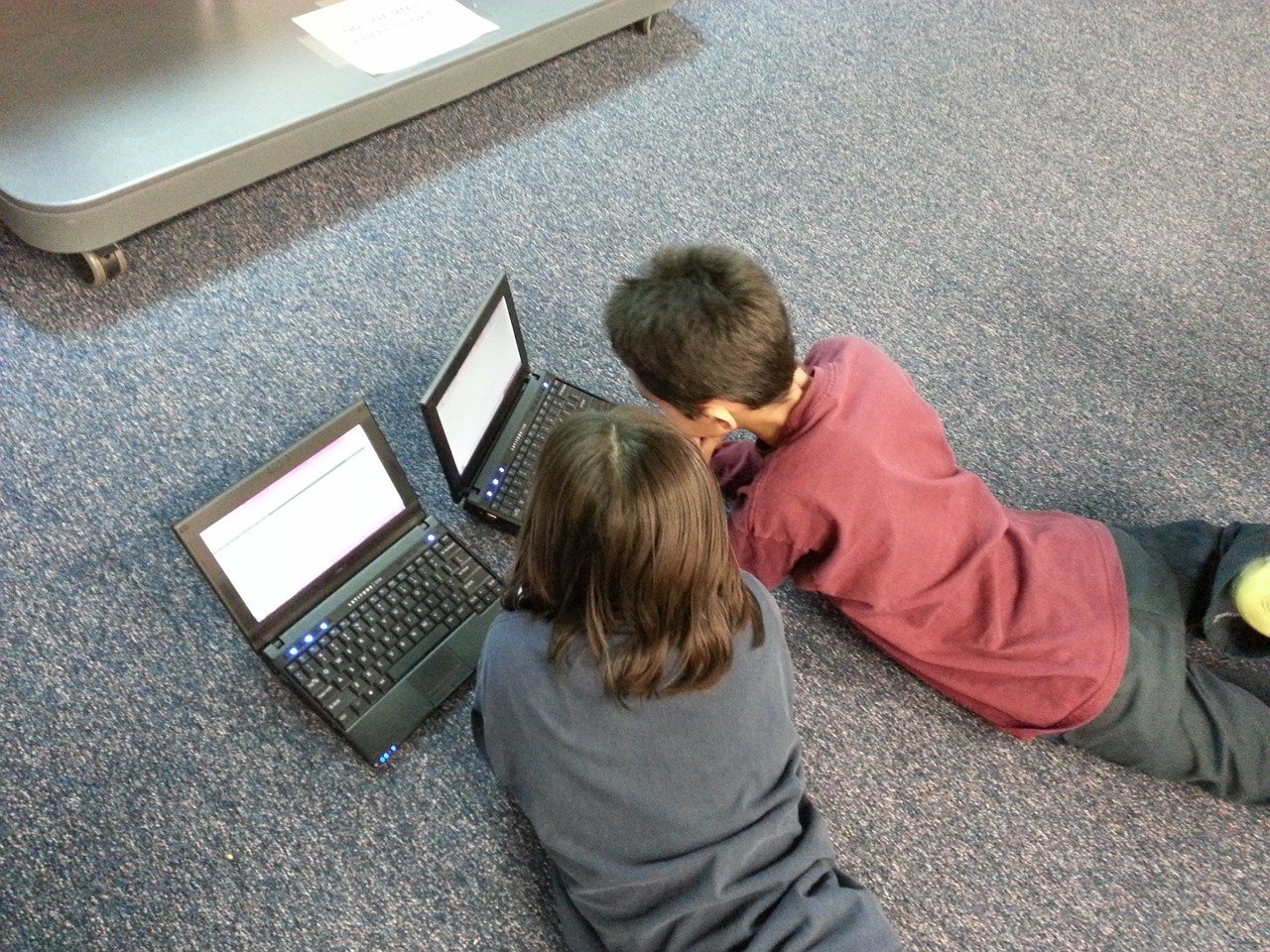In November 2018 researchers from the USA published the results of their study to assess the association between night time media use and sleep problems and internalizing symptoms (ie depression, withdrawal, anxiety and loneliness) in adolescents with attention-deficit/hyperactivity disorder. A total of 81 adolescents (69% male), aged 13-17 years, with attention-deficit/hyperactivity disorder were involved in the study. All adolescents completed an assessment of their pubertal development, night time media use, their preference for morning or evening activities and for sleep–wake timing, and daytime sleepiness, whilst both adolescents and parents completed an assessment of sleep duration, sleep problems, and internalizing symptoms. Results showed that the average media usage (eg social networking, playing video games, watching television) after 09.00 pm was 5.3 hours. Overall, 63% of adolescents reported achieving less than 8 hours of sleep on school nights, which rose to 77% when sleep duration reported by parents was used. Moreover, adolescents achieving less than 8 hours sleep had more night time media usage than those achieving over 8 hours of nightly sleep. After controlling for confounders, eg age, sex, pubertal development, stimulant medication use, and attention deficit/hyperactivity disorder severity, night time media usage was associated with shorter sleep duration and increased sleep problems as reported by both adolescents and parents. Night time media usage was also associated with greater adolescent-reported anxiety and depression, and slightly associated with a preference for evening activities and greater daytime sleepiness. It was also seen to be associated with greater panic symptoms as reported by the adolescents and greater anxiety as reported by the parents.
Becker SP, Lienesch JA. Nighttime media use in adolescents with ADHD: links to sleep problems and internalizing symptoms. Sleep Med. 2018 Nov;51:171-178.

